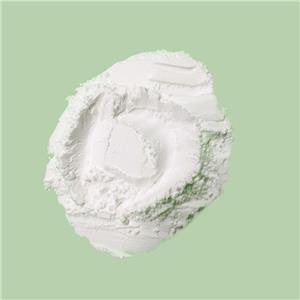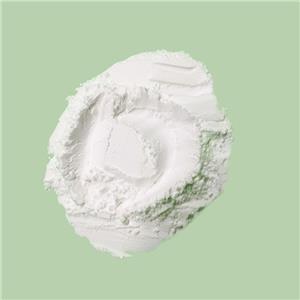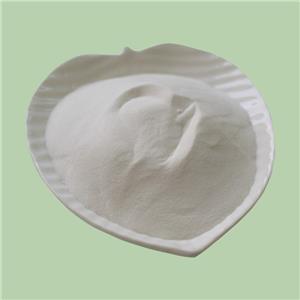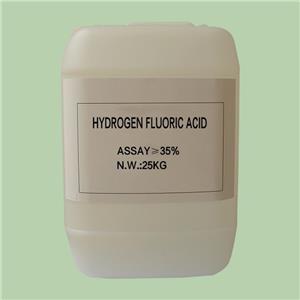The Role of Nickel Fluoride in Battery Manufacturing
Batteries are an integral part of our modern lives, powering everything from our smartphones to electric vehicles. Among the many components used in battery manufacturing, nickel fluoride (NiF2) has gained prominence for its essential role in specific battery types. In this article, we will explore how battery manufacturers utilize nickel fluoride to create more efficient and powerful batteries.
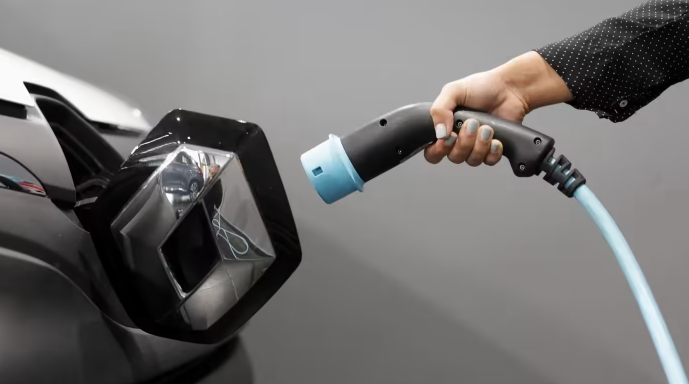
The Chemistry Behind Nickel Fluoride
Nickel fluoride is a chemical compound composed of nickel and fluoride ions. Its unique properties make it a valuable material for battery manufacturers, particularly in the production of fluoride-ion batteries. The key to its role lies in its ability to store and release fluoride ions during the battery's charging and discharging processes.
Nickel Fluoride in Fluoride-Ion Batteries
Fluoride-ion batteries are considered a potential game-changer in energy storage due to their high energy density. Nickel fluoride plays a crucial role in these batteries as the cathode material. Here's how it works:
1、Storing Fluoride Ions:During the battery's charging phase, nickel fluoride stores fluoride ions within its structure. This process is crucial for storing electrical energy efficiently.
2、Releasing Fluoride Ions: When the battery is discharged, the stored fluoride ions are released from the nickel fluoride cathode, facilitating the flow of electric current and powering our devices or vehicles.
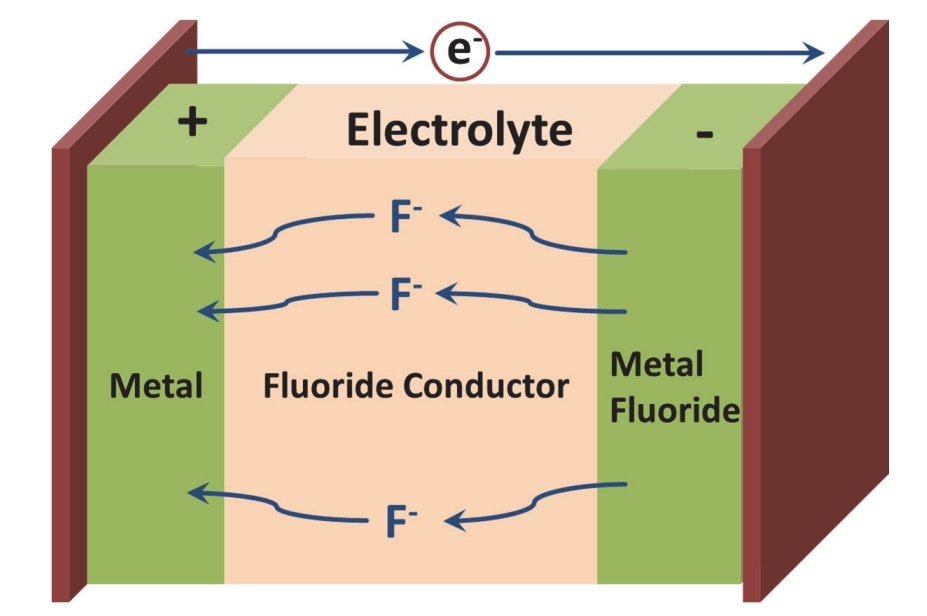
Advantages of Nickel Fluoride in Batteries
The utilization of nickel fluoride in fluoride-ion batteries offers several advantages:
1、Higher Energy Density: Fluoride-ion batteries have the potential to store more energy per unit of weight compared to traditional lithium-ion batteries. This means longer-lasting and more powerful energy sources.
2、Longer Lifespan: Nickel fluoride cathodes tend to have a longer lifespan, making fluoride-ion batteries a sustainable choice for various applications.
3、Efficiency: The ability to store and release fluoride ions efficiently leads to improved battery performance.
4、Environmental Considerations: Fluoride-ion batteries can be considered more environmentally friendly due to their potential for higher energy density and the use of less harmful materials compared to some other battery types.
Challenges and Safety Concerns
While nickel fluoride is essential for the development of fluoride-ion batteries, there are challenges and safety concerns associated with its use. Nickel, in general, is known for its toxicity, and ensuring safe handling and disposal of nickel compounds is crucial to prevent health and environmental risks.
Additionally, fluoride-ion batteries are still in the research and development phase, and scaling up their production comes with technical and economic challenges.
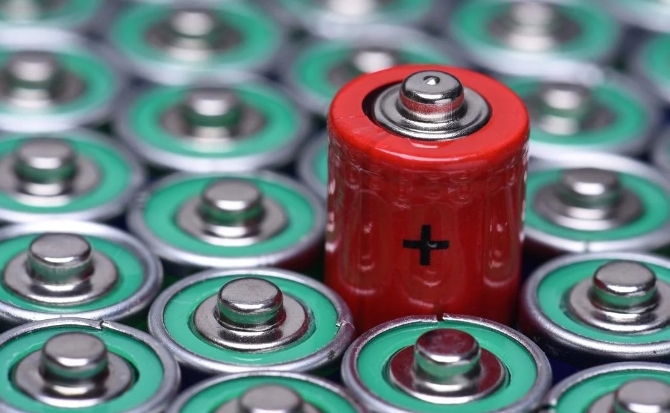
Nickel fluoride's role in battery manufacturing, particularly in fluoride-ion batteries, is an exciting development in the field of energy storage. It offers the promise of more powerful and longer-lasting batteries, which could have a significant impact on various industries, including consumer electronics and electric transportation. However, the responsible use and handling of nickel fluoride are essential to mitigate any potential risks associated with this promising technology. As battery technology continues to evolve, nickel fluoride will likely play a central role in powering our increasingly electrified world.
- Fluoride Salt
- Ammonium Fluoride
- Sodium Fluoride
- Potassium Fluoride
- Sodium Hydrogenfluoride
- Potassium Bifluoride
- Magnesium Fluoride
- Aluminium Fluoride
- Barium Fluoride
- Lithium Fluoride
- Strontium Fluoride
- Nickel Fluoride
- Zinc Fluoride

